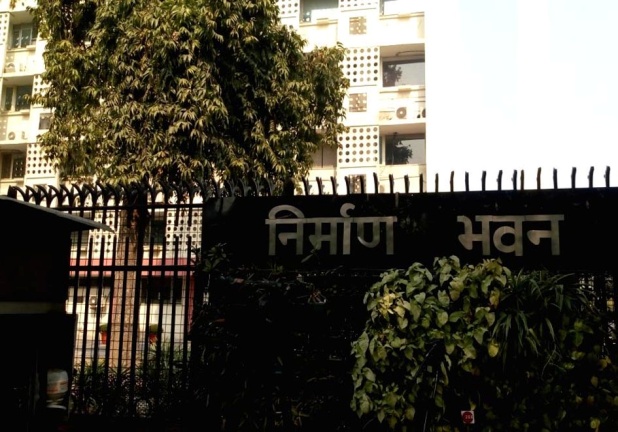Introduction
Hearing loss is the most common sensory deficit in humans today. As per WHO estimates (done in 2001), in India, approximately 63 million people, suffered from significant hearing impairment, i.e. 6.3% in Indian population. As per the NSSO survey report (2001), 291 persons per lakh population in India, were suffering from severe to profound hearing impairment. Of these people, a large percentage was of children between the age of 0 -14 years.
To manage this huge burden of deafness / hearing impairment, the Government of India launched the National Programme for Prevention and Control of Deafness(NPPCD) as a 100% Centrally Sponsored Scheme during 11th Five Year Plan. Later, during the 12th Five Year Plan the Centre and the States had to pool in resources as per financial norms of NRHM mutas mutandis.
The Programme was initiated in year 2007, on pilot mode, in 25 districts, spread over 11 State/UTs and later on expanded to 192 districts, covering 20 States/UTs. In the 12th five-year Plan, additional 200 districts in a phased manner were included, covering all the States/UTs by March, 2017. Currently, in year 2024, the programme is under implementation in a total of 587 districts of our country, spread over 36 states/UTs.
The goal of the programme is to eliminate “Preventable-Deafness”, decrease the prevalence of deafness to <1% and to empower the hearing-impaired persons.
Scope of services
- Strengthening of the service delivery for early detection and management of ear and hearing problems, hearing and speech impaired cases and their rehabilitation, at different levels of health care delivery system.
- To facilitate development of trained man-power for NPPCD program, which is able to implement the program activities at all levels, all over the country.
- Development of institutional capacity of the District Hospitals(DH), Community Health, Primary Health Centre, Ayushman Arogya Mandir in respect of ENT/Audiology infrastructure.
- Implementation and Monitoring of the National Programme for Prevention & Control of Deafness (NPPCD).
- Technical evaluation of Programme Implementation Plans (PIPs) from States for implementation of programme in all the district of the country.
- Awareness generation through IEC activities through print (newspapers, magazines etc.) and electronic (TV, radio) media. Organization of various IEC events including World Hearing Day all over the country.
- Preparation of draft replies of Parliament Questions, questionnaires of Parliamentary Standing Committee, parliamentary assurances etc.
- RTI matters pertaining to NPPCD.
- Collection and maintenance of data on delivery of various ear and hearing care activities and services.
- Preparation of various periodic reports including Monthly summary/DO to Cabinet, Delivery Monitoring Unit of PMO etc.
- Attending other miscellaneous matters including court cases pertaining to NPPCD.

Website link of the institute
https://main.mohfw.gov.in/Major-Programmes/Non-Communicable-Diseases-Injury-Trauma/National-Programme-for-Prevention-and-Control-of-Deafness-NPPCDNewer Initiatives/ Focus Areas
- National Survey to estimate the current prevalence of deafness in the country.
- Modification of operational guidelines for National Programme for Prevention and Control of Deafness to a latest version with inclusion of universal screening of neonates and noise induced hearing loss.
- NPPCD plans to Introduce budget for conducting community-based screening for early detection of ear and hearing problems.
- NPPCD plans to Introduce budget forproviding hearing aid under the programme.








